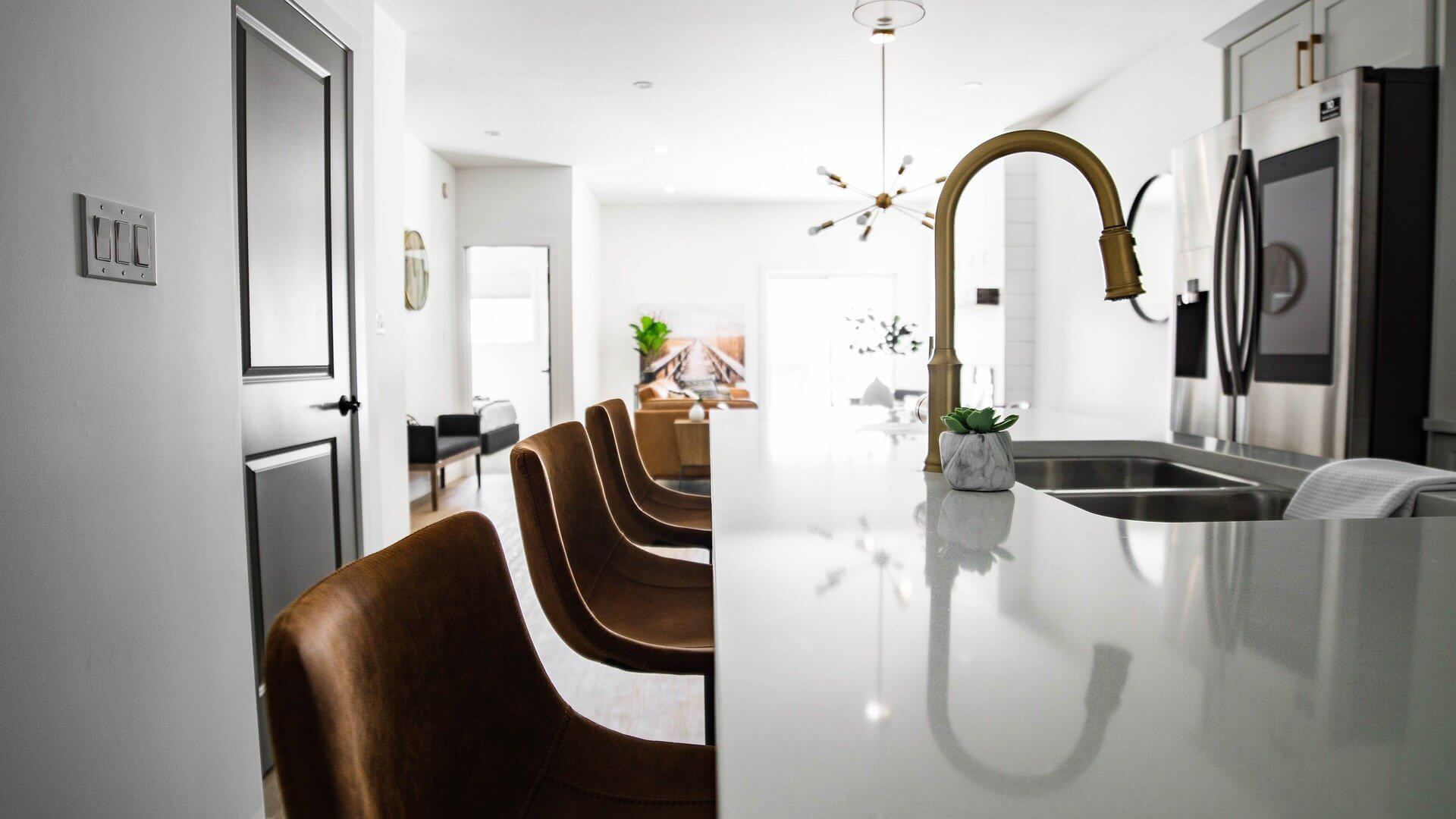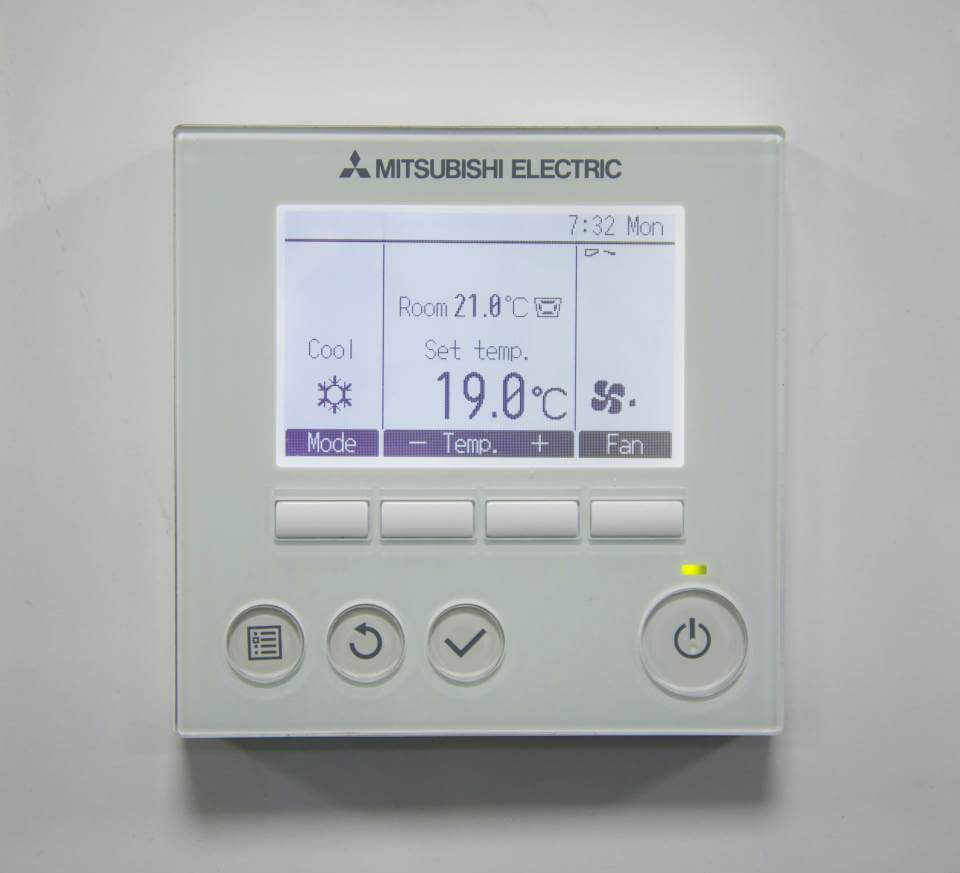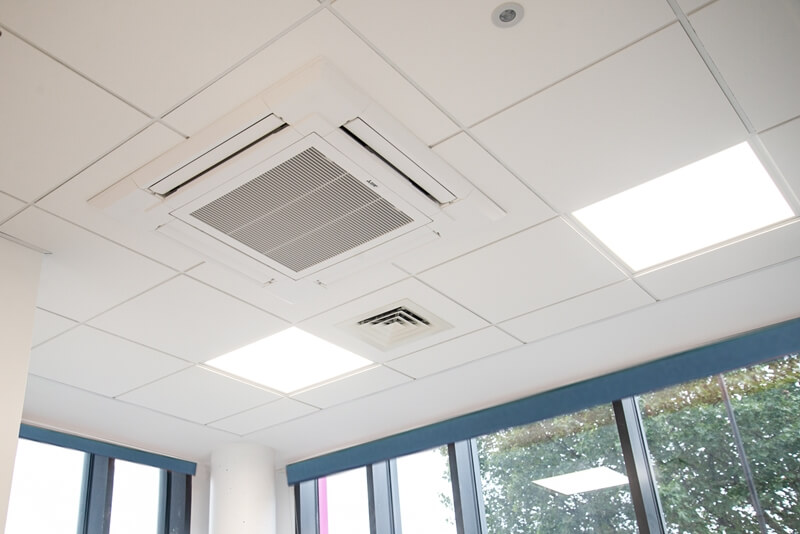The Future of Heat Pumps In the UK

Estimated reading time 6 minutes
In a recent article we wrote about the Electrification of Heat Demonstration (EoH) project funded by the UK Government Department for Business, Energy and Industrial Strategy (BEIS) and part of the government’s Energy Innovation Programme which was setup to understand how feasible a large-scale rollout of heat pumps would be and whether heat pumps could only be installed in certain homes that meet certain criteria. The project found that “All housing types are suitable for heat pumps, from Victorian mid-terraces to pre-WWII semis and a 1960s block of flats – the project has proven that heat pumps can be successfully installed in homes from every style and era.”
Given the push to net zero by 2050 with heating being the UK’s biggest source of carbon emissions which account for 37% of the total, where homes contribute about 14%, and the new UK legislation which effectively bans the install of gas and oil boilers, in new builds, all new homes after 2025 will need to use alternative heating systems, such as low carbon source heat pumps and hydrogen. In this article we look at the future of heat pumps in the UK, the numbers of heat pumps currently installed and how improving customer awareness is vital to overcoming the hesitation in having a heat pump installed.
Numbers of Heat Pumps
Across Europe heat pump installation numbers have steadily increased, with 2.18 million heat pump units sold in 2021 with the expectation that figures are likely to rapidly increase next year with the REPowerEU plan to make Europe independent from Russian fossil fuels as soon as possible before 2030. The European Heat Pump Association market data reported that “heat pump sales grew by 34% in 2021 bringing the total number of installed heat pumps in the EU to 16.98 million, around 14% of the heating market.”
In comparison, according to a UK 2021 census: how homes are heated in your area the vast majority of homes, “around three in four households (74%) in England and Wales said [gas central heating] was their only central heating source.” Around 9% of households use electric-only heating. 3% of homes use oil. Less than 1% of homes use central heating powered completely by renewable energy.
The Energy Saving Trust has stated that the government has set a target of 600,000 heat pumps per year by 2028. The Climate Change Committee study on the “Development of trajectories for residential heat decarbonisation to inform the Sixth Carbon Budget" believes that 3.3 million heat pumps will need to be deployed in existing homes by 2030 and 8 million by 2035 in order to meet the government’s net zero targets.
It's clear that scaling up the install of low carbon source heating is vital and that heat pumps will play a major role in this.
Improving Customer Awareness
Given that the government’s EoH project found that heat pumps are suitable for every type of home what are the barriers that are slowing down the install of heat pumps in the numbers required?
One of the major stumbling blocks is the lack of knowledge about heat pumps. The Building Research Establishment (BRE) found that 62% of the public aren’t confident in explaining how heat pump technology works and only 42% of consumers were aware of the government’s Boiler Upgrade Scheme which is supposed to encourage people to change to heat pumps as their main form of heating.
Gillian Charlesworth CEO of BRE explains: “Improving consumer awareness of heat pumps will help to boost demand over the long-term and, ultimately, bring the UK closer to its net zero target. Our latest polling shows that there is a clear knowledge gap around the benefits of heat pumps which needs to be addressed if we are to deliver meaningful, lasting change and decarbonise the UK’s inefficient buildings.”
This is backed up by data from Shakespeare Martineau which shows that around 66% of people “do not feel they confidently understand what a heat pump is, how it works and how they go about getting one.” Only 24% of people believed they had a good understanding of heat pumps. Worryingly only 12% of those surveyed said that if they needed to replace their boiler, they would replace it with a heat pump (6% air source and 6% ground source heat pump). 37% of consumers would replace their gas boiler with a new gas boiler which is higher than the 36% who responded with ‘don’t know’. Shakespeare Martineau also found that 60% of those surveyed were unaware of the government’s 5,000 heat pump installation grant.
Sushma Maharaj, an energy partner at Shakespeare Martineau said: “There are a number of barriers standing in the way of increased adoption of community energy projects, which will make a huge difference to the UK meeting its net zero targets.”
A lack of familiarity and knowledge about heat pumps is clearly proving to be a major barrier in their uptake. Homeowners are not likely to change to unfamiliar technology, even if it is a good choice, unless they are supplied with the information they need regarding heat pumps to enable them to make an informed decision. Without this heat pump installation will continue to have a poor uptake in the UK.
Expert Heat Pump Advice and Support
Synecore is a home heat pump installer in Kent, London, Surrey, Sussex, Essex. We can offer expert advice and support on the best solutions for your home air conditioning installation.
There are many affordable options available to homeowners with energy ratings of A+++, helping you keep your energy bills down, while having a positive impact on the environment. We can design and install air conditioning throughout your entire property, or we can focus on individual zones. Either way, we’ll find the right application for you.
We can also advise on availability of the government’s Boiler Upgrade Scheme grant or VAT relief to help with cost of your heat pump install.
Synecore’s air conditioning experts will complete a survey of your home to determine the current space and discuss your specific needs. To book a free home air conditioning installation survey, please speak to our team on 01795 509 509 or via our contact form.



